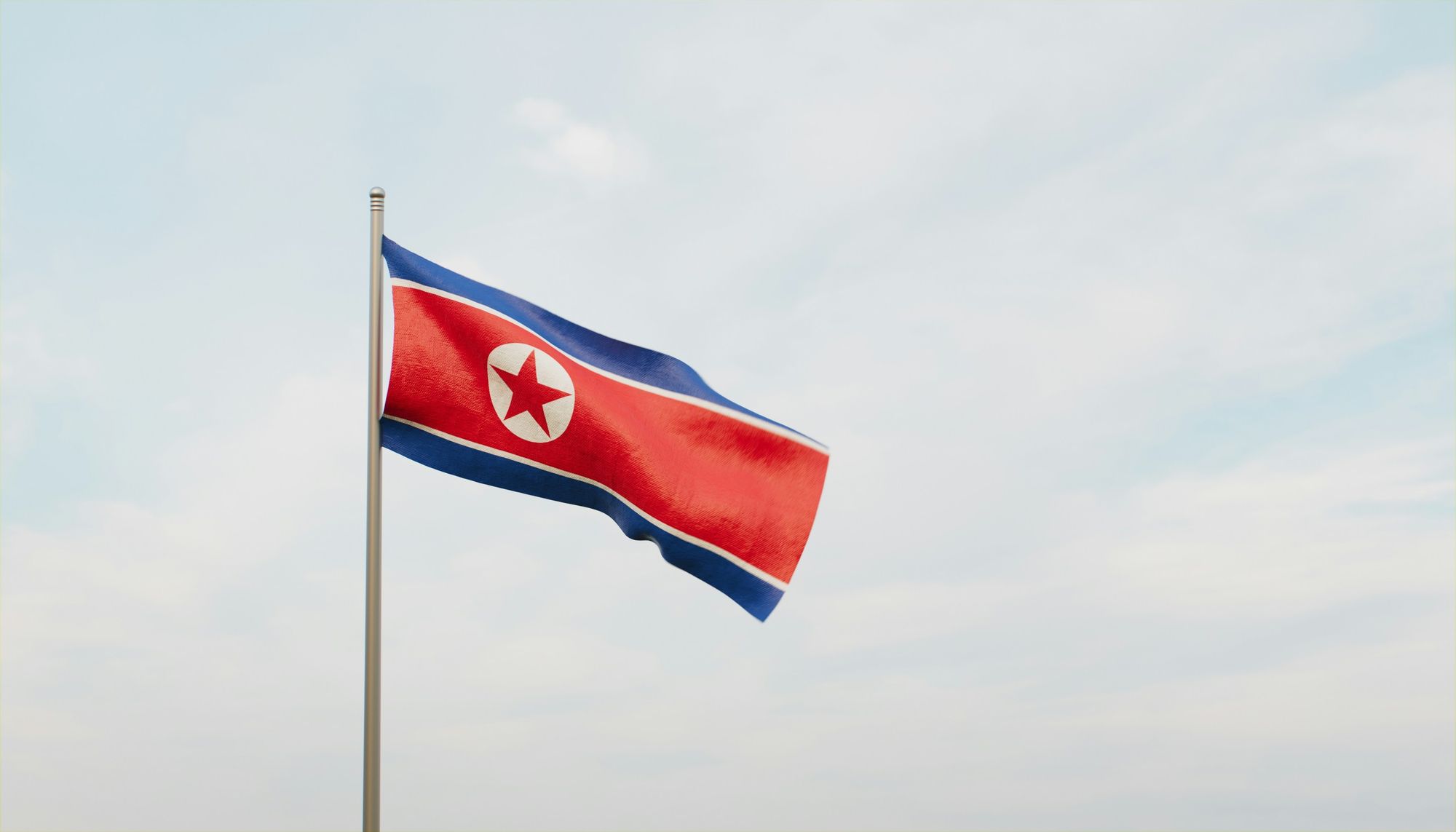Guide to Repatriating Remains from Canada to North Korea

Repatriating remains from Canada to North Korea (officially the Democratic People's Republic of Korea or DPRK) is an exceptionally complex and sensitive process due to the unique political situation and limited diplomatic relations between the two countries.
This guide aims to provide a general outline of the steps involved, while acknowledging the significant challenges and uncertainties that may arise.
Initial Steps and Notification
When a North Korean national or person of North Korean descent passes away in Canada, the process of repatriation requires careful navigation of international relations and regulations.
- Contact Canadian Authorities: Begin by notifying local Canadian authorities of the death.
- Diplomatic Communication: As Canada does not have direct diplomatic relations with North Korea, you will need to contact the Swedish Embassy in Pyongyang, which represents Canadian interests in North Korea. They may be able to provide guidance on the process.
- Family Notification: If possible, inform family members in North Korea. This may need to be done through official channels or intermediaries.
- Seek Specialized Assistance: It's crucial to work with a repatriation service that has experience in dealing with complex international cases, particularly those involving countries with limited diplomatic relations.
Legal Requirements and Documentation
The documentation process for repatriation to North Korea is likely to be more complex than for other countries. Required documents may include:
- Canadian death certificate
- Burial transit permit from Canadian authorities
- Embalming certificate
- Detailed letter from the funeral director
- Copy of the deceased's passport or proof of North Korean citizenship
- Any additional documentation required by North Korean authorities (this may need to be obtained through diplomatic channels)
All documents will likely need to be translated into Korean and potentially certified by relevant authorities.
Preparing for the Journey
Preparation of the deceased for transport to North Korea must comply with international standards:
- Embalming is typically required for long-distance transportation.
- The body must be placed in a hermetically sealed coffin that meets international standards.
Transportation Challenges
Due to limited direct transportation options to North Korea, the repatriation process may involve multiple steps:
- Air freight from Canada to a third country (possibly China or Russia)
- Potential ground transportation for the final leg of the journey
The exact route and method will depend on current international relations and available transportation options.
Navigating Costs and Timelines
The cost and timeline for repatriation to North Korea can be highly variable and unpredictable due to the complex nature of the process. Expenses may include:
- Canadian funeral home services
- Documentation and permit costs
- Multiple stages of transportation
- Potential diplomatic processing fees
The timeline could be significantly longer than for other countries, potentially taking several weeks or even months.
Cultural and Religious Considerations
North Korea has its own unique cultural practices surrounding death and burial. While it may be challenging to accommodate all traditional practices during the repatriation process, it's important to communicate any specific wishes or requirements to your repatriation service provider.
Emotional Support and Practical Assistance
Given the complexities involved, this process can be exceptionally stressful and emotionally taxing. Don't hesitate to seek support from counselors, community members, or support groups experienced in dealing with complex international situations.
Our partner specializes in handling challenging international repatriations and can provide expert guidance throughout this process. Their experience with complex cases can offer invaluable assistance in navigating the unique challenges of repatriation to North Korea.
Repatriating remains from Canada to North Korea is an exceptionally complex process that requires expert handling, patience, and a thorough understanding of international relations. While the challenges are significant, our partner's expertise in navigating intricate international repatriations can provide essential support during this difficult time.
Remember that due to the political situation, there may be unforeseen obstacles or changes in the process. Always work closely with experienced professionals and be prepared for a potentially lengthy and complex journey. Despite the challenges, with the right support, you can strive to ensure your loved one's final journey is handled with as much dignity and respect as possible under the circumstances.




